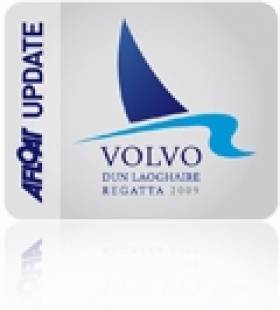Displaying items by tag: Oystercatcher
Dun Laoghaire Announces Debut of Two Handed Fleet for Volvo Regatta
Two handed IRC racing makes its debut in July's Volvo Dun Laoghaire Regatta organisers have confirmed this week. Up to six boats have expressed interest in the new intiative and the organisers say the class will race over a mix of coastal and windward leeward courses. It's an exciting development for the regatta that is already receiving a flow of entries 11 weeks ahead of the entry deadline.
Double handed Class captain Olivier Prouveur of the National YC says boats that have expressed an interest so far are the regular ISORA participant Mojito from the UK, Team Windmill (J109), JBellino (J-122), Dinah (Barry Hurley's modified JOD 35 with which he won his class in the OSTAR 2009) and Oystercatcher (second in the two-handed class in the Round Ireland race).
Other boats are also likely now that the regatta has confirmed the class start, according to Prouveur. The hope of course is others, such as round Ireland winners Psipina Paddy Cronin and John Loden or Alchemiste Michael Murphy and Alex Voye might also be interested.
Big ISORA Fleet Gathers for M2 Buoy Race
- Dinah
- Dublin Bay
- Just Enough
- Lula Belle
- ISORA
- National YC
- irish sea
- English Mick
- Quite Correct
- Galileo
- African Challenge
- Lancastrian
- Tsunami
- Rebellion
- Orna
- Madam Wen
- Rollercoaster
- Raging Bull
- Miss Scarlett
- Team Windmill
- First of September
- Finnigans Wake
- Windshift
- Mojito
- Adelie
- Gwawr
- Yahtzee
- Legally Blonde
- Katanca
- Oystercatcher
- Obsession
- Sarnia






























































